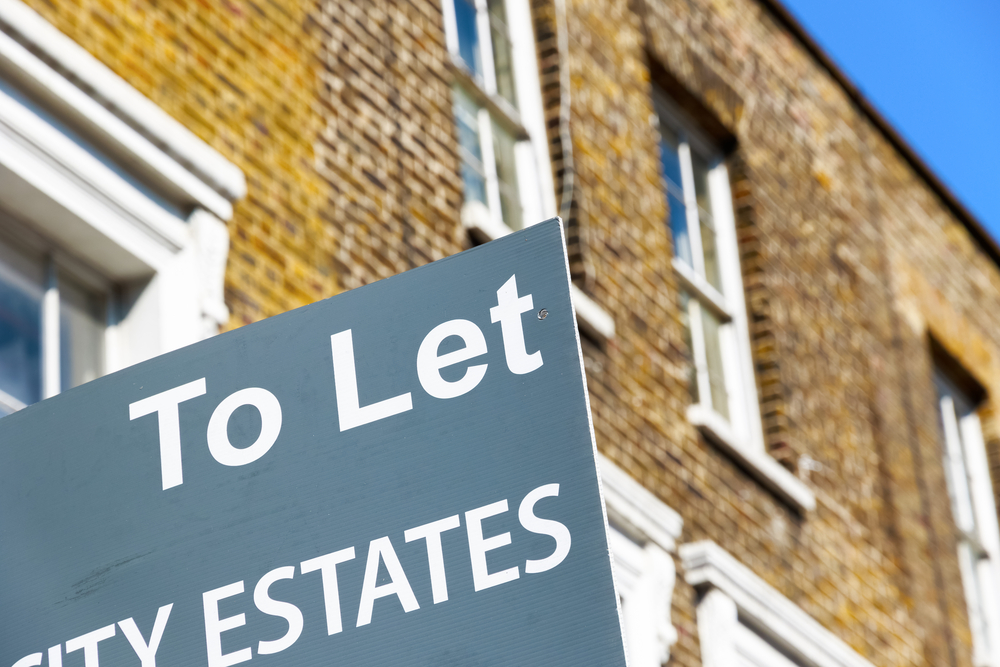Are you a flatmate or a tenant? Do you know the difference? Before you hand over a deposit for your next rental, ensure there is a tenancy agreement in place that names you as a tenant to the property. The agreement is a legal document which provides protection to both the tenant and landlord under the Residential Tenancy Act 1986. The agreement must be signed by all tenants and the landlord. Without the agreement in place, you have very little protection when renting a property.
Bonds
A bond is security for your landlord should you damage their property or stop paying rent. Your landlord must lodge the bond with Tenancy Services within 23 days of receipt. Not doing so can incur a financial penalty. A landlord can set a bond at any amount but it cannot exceed four weeks’ rent. Once a bond is in place, they cannot ask for any other form of security. Bonds can be increased with rent as long as it does not exceed four weeks’.
Increasing rent
As a tenant, it is your responsibility to pay your rent and bills on time. You would have agreed your rent, bond, frequency and method of payment before you signed your tenancy agreement. Your landlord can increase your rent but they must give you 60 days’ written notice. The rent cannot be increased within the first 180 days of signing the tenancy agreement or after the last increase.
Utilities
It is your responsibility to pay the power and gas bills and all other utilities connected to the house for your consumption, unless otherwise agreed with the landlord. Many landlords lease with the inclusion of water and capped power. Know what you are responsible for before you sign your agreement. Once you have decided on your provider, your landlord cannot tamper with any services supplied to the house.
Housing Inspections
As a tenant, it is your right to enjoy the comfort of your own home without the disruptions of your landlord. It is not your right to refuse your landlord access if they follow the correct procedures. Your landlord can inspect the property if they give you sufficient notice (usually 48 hours). The landlord cannot inspect the property more than once in four weeks – they a may require more time to carry out repairs. An initial inspection of the property should be carried out with your landlord before you sign your tenancy agreement. This will protect you against the unmerited blame of property damage when you vacate the property.
Property damage
It is important to notify your landlord if there is any damage to the property or repairs that need to be carried out. Notify your landlord of the incident/repair in an email so you have a copy should the landlord say that they were never notified. It is the landlord’s responsibility to repair any damages when reported.
Vacating the property
When your tenancy agreement ends and you are moving out, you must leave the house in a clean and tidy state. All chattels that were supplied with the tenancy must be left at the property and your possessions must be removed.
Your bond will be returned minus any unpaid rent, repair costs or cleaning. Your landlord cannot charge for general wear and tear. Carry out a final inspection with your landlord and only sign for your bond release when you have seen (and agreed to) any charges your landlord is deducting.
If you are unsure of any clauses in your tenancy agreement or feel that your landlord has breached the agreement, speak with a legal representative.

